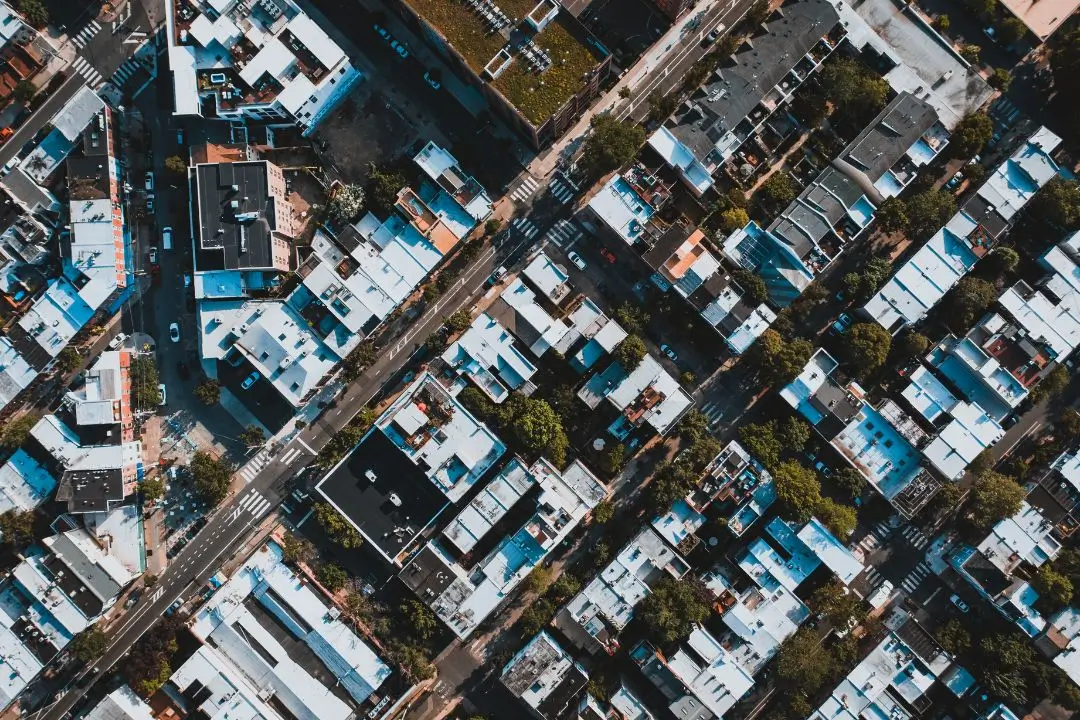Today’s political landscape is characterised by strong polarisation, a sense of unease, and a decline of trust in our governments (and democracy as a whole).
Across the globe, this evolution has led to the rise of populist movements and the election of headstrong, authoritarian leaders. The democratic system that became firmly rooted as the “right” way to govern in post-war Europe has faced scrutiny these last few years. Even in the world’s democratic hotbeds, including the U.S., Europe, and Australia, citizens are increasingly questioning the value of democracy.
The erosion of democracy
The Economist‘s yearly Intelligence Unit’s Democracy Index has analysed and documented this decline of global democracy year after year. In early 2018, the Index reported a steady decline in 2017. According to this year’s numbers, 2018 brought a status quo. In their own words, “political participation is on the rise in almost every region of the world. Whilst clearly disillusioned with formal political institutions, the population has turned anger into action, and turned out to vote, and to protest.”

The Economist’s Democracy Index showed a steady decline in 2017 and a status quo in 2018.
To be clear: democracy isn’t a perfect system. In fact, Winston Churchill argued that it was actually the worst form of government, “except for all those other forms that have been tried from time to time.” Giving citizens with no political knowledge or interest the responsibility to define the government’s course is considered a flawed idea by many democracy critics. On the other hand, it’s important to realise that a democracy in the hands of those who are “knowledgeable” or “interested” is rooted in privilege. Very often, minorities or marginalised communities do not have the same access to the relevant information to form political opinions or cultivate an interest in political matters.
“A sense of deep, mutual trust between citizens and governments is essential for sustainable progress.”
To make our democracy stronger and more effective, we have to make sure that it represents a diverse set of voices from citizens who have received the relevant information to weigh facts and form opinions. We have to build a culture of mutual trust between governments and citizens that moves society forward as a whole.
How trust and participation go hand in hand

Many civic tech tools, including the Go Vocal platform, aim at empowering citizens to participate in their local governments. The more citizens raise their voices and share their visions, the more governments are able to align their policies with what citizens actually ask, need, or demand. But according to this article, “a lack of trust between citizenry and public officials might lead to ambivalence towards participating in democratic processes.”
A sense of mistrust in the government might stop citizens from participating. Maybe they feel as if their efforts won’t make a difference. Maybe they do not feel represented by their government. Or maybe they struggle with a more general sense of political mistrust. On the other hand, cities might be reluctant to launch a citizen participation project, fearing steep costs or impossible demands.
But a lack of mutual trust between citizens and their governments creates a vicious cycle of mistrust and democratic erosion. Less citizen participation weakens the democratic system, which in turn leads to even more mistrust and reluctance to participate. Breaking this cycle, and focusing on mutual trust, is essential.
We’ve talked a lot about how governments can increase trust and convince their citizens to raise their voices. Communicating in a clear and transparent way, collaborating with local partners, sharing successful case studies, respecting privacy guidelines and creating recurring participation cycles are key ways for governments to increase trust among their citizens. For governments, launching a citizen initiatives feature is a great way to empower citizens and offer them the opportunity to participate, all while keeping a clear overview.
But there’s another side to the same coin. If citizens blindly truly trust their governments to act in their best interest, would they still be motivated to take matters into their own hands?
The numbers of the Economist’s Intelligence Unit’s Democracy Index clearly showed that the erosion of global democracy sparked a rise in citizen participation across the globe. In this case, it seems like the salvation of democracy lies precisely in the mistrust that accelerates its destruction. Sounds complicated, so let’s unpack that.
Skepticism as a driving factor
As previously said, mutual trust is essential for governments and citizens to collaborate on sustainable solutions that benefit the greater good. Citizens may be reluctant to participate in a government that they do not trust. So far, this makes perfect sense.
But let’s drop all sense of nuance and imagine a (hypothetical) situation of total mutual trust between citizens and governments. Why would citizens be motivated to actively participate in a government that they trust completely? Why would they launch citizen initiatives if they trust the administration to decide and act on exactly what is right for them? And how could governments possibly find out what is right for their citizens?
As it turns out, mistrust in politics can “promote healthy skepticism and stimulate political involvement.“ According to this blog post from the London School of Economics and Political Science, a deeply rooted sense of mistrust lies at the roots of the first participatory budgeting case in Porto Alegre, Brazil. In this case from the 1980s, participatory budgeting served as a valuable mechanism to allocate funds and redistribute power within underprivileged communities.
Of course, we’re not saying that creating a situation of mistrust is the way to go. Even in this particular case, the mistrust that had sparked the need for a participatory project fuelled negative sentiments about its value and outcome. A sense of deep, mutual trust between citizens and governments is essential for sustainable progress. But this does mean that, much like your cherished glass of Merlot with dinner, skepticism can be a good thing in healthy doses. It motivates citizens to ask questions, challenges the ideas and decisions of the government, and most importantly, actively participate in local policy. In short: a mild sense of mistrust in the government is not always a dealbreaker.
How to master mild mistrust as a citizen
If you’re a skeptical citizen, there are tangible ways for you to use that energy to make changes and strengthen democracy in the process.
- Ask questions. If you’re not sure about a policy decision, a government initiative or the stance of a specific politician, do not hesitate to reach out to your administration. Write, post, tweet, and ask for an explanation. This creates a culture of accountability that offers citizens valid arguments for decisions and gives administrators a platform to voice their arguments.
- Launch a citizen initiative. Citizen initiatives are an excellent way for citizens to raise a question or concern and gather support for their initiative. For administrations, on the other hand, this is an easy way to get more insight into citizens’ concerns, wants and needs.
- Share ideas. Does your city have a participation platform? Is it organising an offline citizen deliberation or a town hall meeting? Raise your voice! Only by gathering a diverse range of opinions can your administration create a policy framework that benefits everyone.
- Talk to your community. By speaking to your neighbours and sharing opinions on certain (local) topics, you might be raising awareness without even knowing it. Healthy debate with your peers helps you to gain new perspectives, ask new questions, or share your sense of healthy skepticism – which in turn reinforces the culture of accountability and the motivation to participate.
- Take it to the streets! In the spring of 2019, school kids took to the streets every week to protest for better (and faster) climate action. This led not only to the establishment of an online Youth4Climate platform and a tidal wave of ideas to save the climate, but also a raised awareness about the urgency of the problem.
How governments can work with skeptical citizens
- Launch a participation project. As we discussed earlier on, citizens with a healthy dose of skepticism are more likely to participate in local government. Having a base of actively engaged citizens is a treasure trove for local governments.
- Encourage citizen initiatives. Who knows better what citizens want and need than the citizens themselves? Allowing citizens to launch their own initiatives gives you valuable insight into their priorities. Plus, you get to define clear criteria and only have to consider the initiatives that check all the boxes.
- Be transparent. Show citizens that you are approachable and willing to answer questions or clarify decisions. This stimulates dialogue between citizens and the administration, which ultimately builds trust.












